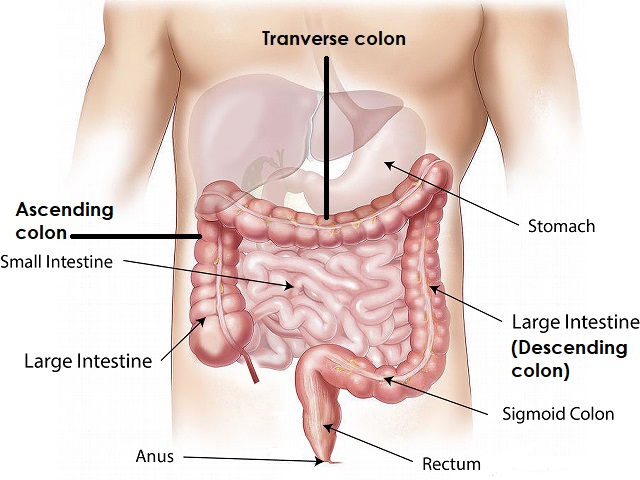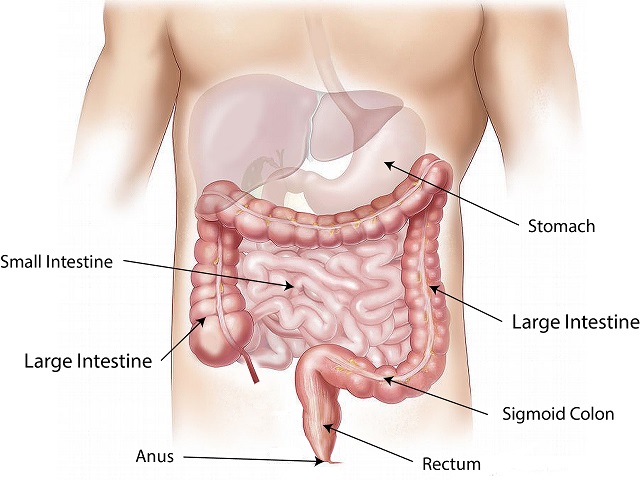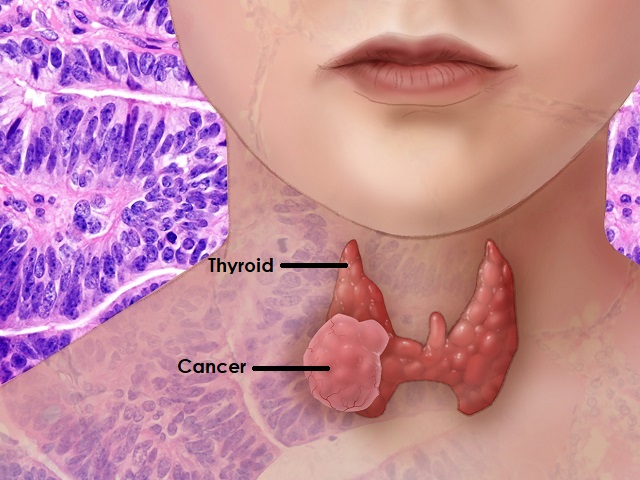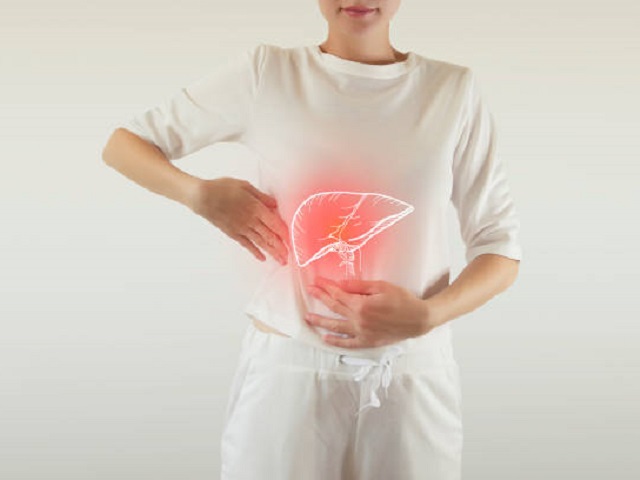7 Signs You Have Urethral Cancer -- Symptoms, Causes, Effects, Treatment and Prevention
Urethral cancer is a rare type of cancer that develops in the cells of the urethra, the tube that carries urine from the bladder to the outside of the body. It primarily affects the urinary tract and can occur in both men and women, although it is more common in men. Urethral cancer is often diagnosed at an advanced stage, and treatment options may vary based on the location and stage of the tumor.
Symptoms of Urethral Cancer:
The symptoms of urethral cancer can vary depending on the location and stage of the tumor. Common signs and symptoms may include:
- Blood in the urine (hematuria)
- Pain or burning during urination
- Frequent urination
- Urinary urgency
- A lump or mass in the urethra
- Pelvic pain or discomfort
- Urinary incontinence or difficulty urinating
Diagnosis of Urethral Cancer:
To diagnose urethral cancer, several diagnostic tests and procedures are used. These may include:
- Physical examination and medical history assessment
- Urine tests to check for blood and abnormal cells
- Imaging tests such as ultrasound, CT scan, or MRI to visualize the urethra and surrounding structures
- Cystoscopy or urethroscopy to examine the urethra and collect tissue samples (biopsy) for laboratory analysis
- Additional tests such as a pelvic exam, biopsies of nearby lymph nodes, or imaging of the upper urinary tract may be required to determine the extent of the cancer.
Causes of Urethral Cancer:
The exact cause of urethral cancer is unknown, but several factors may increase the risk. These include:
- Advanced age
- Chronic inflammation or irritation of the urethra
- History of sexually transmitted infections (STIs)
- Previous radiation therapy to the pelvic area
- Long-term use of urinary catheters
- Smoking
- Exposure to certain chemicals or substances in the workplace
Effects of Urethral Cancer:
Urethral cancer can have various effects on the body, including:
- Urinary obstruction or blockage
- Spread of cancer to nearby tissues or lymph nodes
- Metastasis (spread) to distant organs such as the liver, lungs, or bones
- Impact on urinary function and quality of life
Treatment of Urethral Cancer:
Treatment options for urethral cancer depend on factors such as the stage, location, and overall health of the patient. Common approaches may include:
- Surgery to remove the tumor, which may involve a partial or complete removal of the urethra (urethrectomy)
- Radiation therapy to destroy cancer cells and shrink tumors
- Chemotherapy or targeted therapy to kill cancer cells or slow their growth
- Combination therapies or clinical trials for advanced or recurrent cases
Prevention of Urethral Cancer:
While there are no guaranteed ways to prevent urethral cancer, some strategies that may reduce the risk include:
- Practicing safe sex and using barrier methods to reduce the risk of sexually transmitted infections
- Avoiding or quitting smoking
- Maintaining good urinary hygiene and avoiding chronic irritation or inflammation of the urethra
- Minimizing exposure to occupational or environmental chemicals and substances
Note: It is important to consult with a healthcare professional for an accurate diagnosis, personalized treatment plan, and ongoing care.
References:
National Cancer Institute. (2021). Urethral Cancer Treatment (PDQ) � Patient Version. Retrieved from https://www.cancer.gov/types/urethral/patient/urethral-treatment-pdq


















